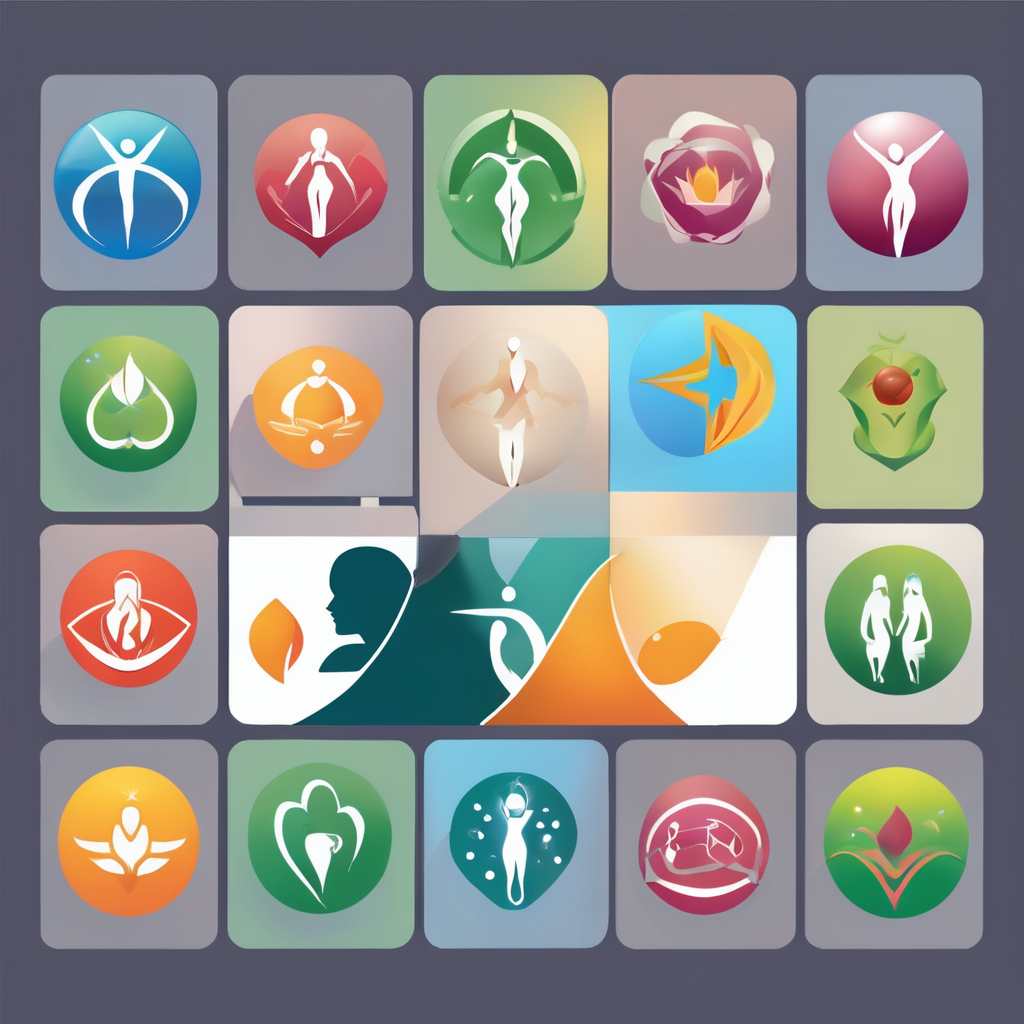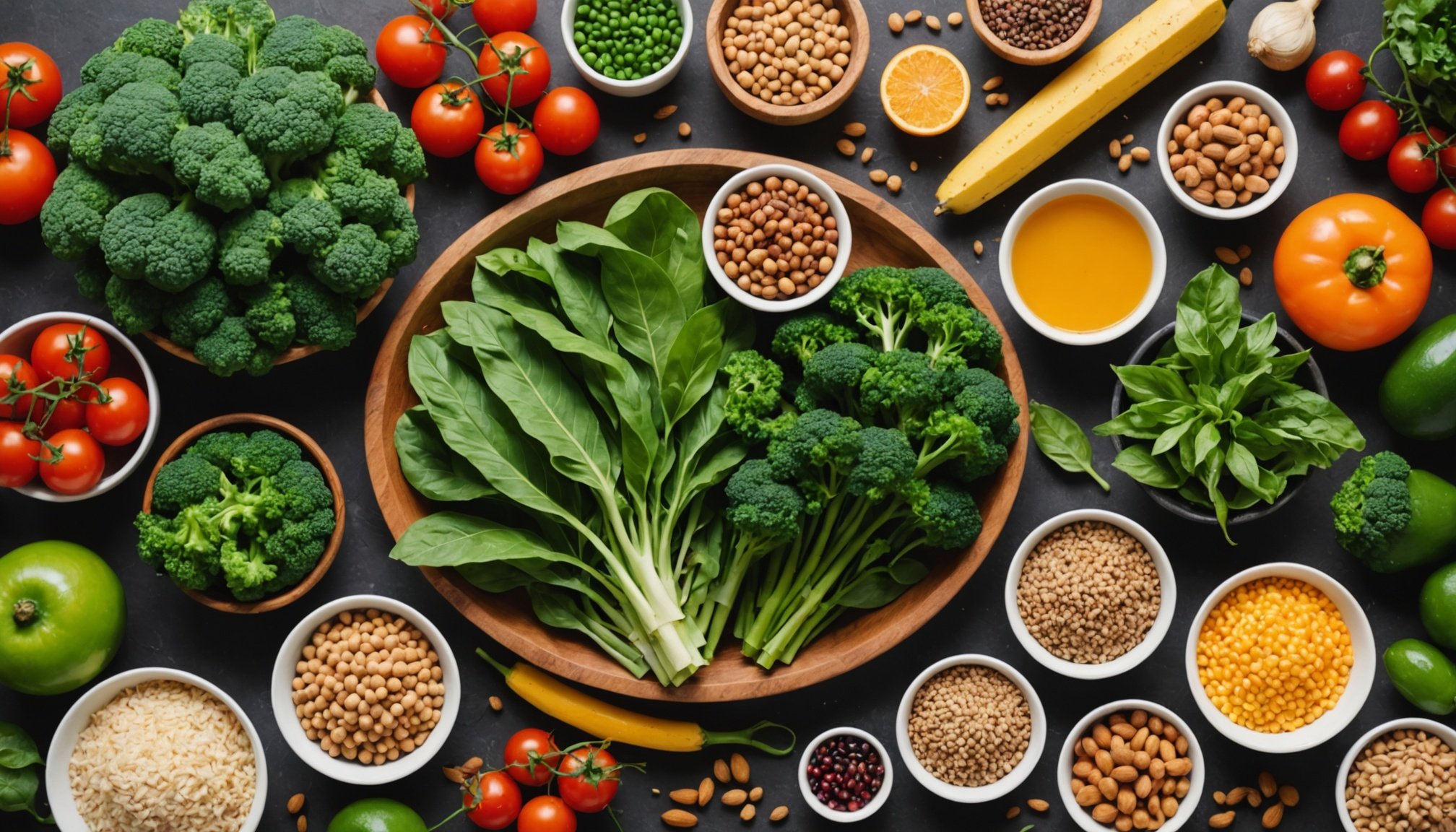Unlock the Healing Power of a Plant-Based Diet for Ulcerative Colitis Relief: Explore the Transformative Benefits
Understanding Ulcerative Colitis and the Role of Diet
Ulcerative colitis (UC) is a type of inflammatory bowel disease (IBD) that affects the large intestine, causing symptoms such as bloody diarrhea, abdominal pain, and weight loss. While there is no cure for UC, dietary changes can significantly impact the management of the disease. For individuals living with UC, figuring out what to eat can be a daunting task, but a plant-based diet has emerged as a promising approach to reduce inflammation and alleviate symptoms.
“Diet recommendations may differ between the two types of IBD,” notes a study on dietary approaches in UC. “UC is more likely to cause bloody diarrhea, and avoiding foods with lots of sugar or added sweeteners can help prevent watery stools during a flare”[1].
Also to discover : Unlocking blood sugar control: the effects of low-carb diets on diabetes management
The Benefits of a Plant-Based Diet for UC
A plant-based diet is rich in anti-inflammatory foods, fiber, and probiotics, which are crucial for maintaining gut health and reducing the severity of UC symptoms.
Anti-Inflammatory Foods
Foods high in antioxidants and anti-inflammatory compounds are key components of a plant-based diet. For example, fruits, vegetables, and whole grains contain phytochemicals such as lignans, flavonoids, and antioxidants that exert antioxidant effects and maintain intestinal health[2].
Also read : Harnessing probiotics: the essential role of supplements in easing irritable bowel syndrome symptoms
- Leafy Green Vegetables: Cooked leafy greens like spinach and kale are particularly effective in reducing inflammation. A study found that these vegetables were especially beneficial for people with Crohn’s disease in remission[3].
- Purple Sweet Potatoes: Rich in anthocyanin, an antioxidant that helps maintain gut health by balancing the gut microbiome, purple sweet potatoes have been shown to reduce the severity of colitis in mice[3].
- Avocados: Avocado extracts have been found to ease symptoms and reduce inflammation in mice with induced colitis by lowering levels of inflammatory markers and blocking key inflammation pathways[3].
Fiber and Probiotics
A high-fiber diet, including whole grains, fruits, and vegetables, is associated with a reduced risk of UC complications. However, it’s important to note that during active flares, some patients may need to limit high-fiber foods.
- Fiber-Rich Foods: While high-fiber foods can be beneficial, they may need to be cooked or peeled to reduce their fiber content. For example, bananas, cantaloupe, and honeydew melon are low-fiber fruits that can be tolerated during flares[1].
- Probiotics: Probiotics, found in fermented vegetables and yogurt, help support a healthy gut and digestion. They can be safer and gentler than supplements when obtained naturally from food[1].
Practical Dietary Changes for UC Patients
Implementing a plant-based diet involves several practical changes that can help manage UC symptoms.
Protein Sources
Protein is essential, but it’s crucial to choose sources that are easy to digest and anti-inflammatory.
- Lean Meats and Seafood: Instead of red meat and processed meats, opt for lean meats, seafood, and plant-based proteins. Fish, for example, is a great source of complete protein and anti-inflammatory omega-3 fatty acids[1].
- Eggs: Eggs contain compounds that may be beneficial in reducing UC inflammation. Spacing protein intake throughout the day with small meals can help ease digestion[1].
Healthy Fats
Swapping unhealthy fats for healthier alternatives can reduce inflammation.
- Avocados and Olives: Use avocados, olives, and nut butters as sources of healthy fats. Cooking methods like steaming, grilling, roasting, or air-frying can also help reduce fat intake[1].
Cooking Methods
The way you cook your food can significantly impact its digestibility.
- Air Frying: Many patients with UC find air frying to be a game-changer. “Since there’s no grease used, I can eat all kinds of things that I couldn’t eat before,” shared a MyCrohnsAndColitisTeam member[1].
Sample Plant-Based Recipes for UC
Here are some delicious and gut-friendly recipes that can help you get started:
Kimchi Avocado Toast
- Ingredients:
- Avocado
- Kimchi
- Cucumber
- Radish
- Lime
- Instructions:
- Toast whole grain bread.
- Spread avocado on the toast.
- Top with kimchi, cucumber, and radish.
- Squeeze a bit of lime juice.
- Benefits: This recipe is packed with healthy fats, probiotics, and fiber, making it a great option for supporting gut health[3].
Roasted Vegetables
- Ingredients:
- Mixed vegetables (such as carrots, Brussels sprouts, and sweet potatoes)
- Olive oil
- Salt and pepper
- Instructions:
- Preheat the oven to 400°F (200°C).
- Toss the vegetables with olive oil, salt, and pepper.
- Roast in the oven for about 30 minutes or until tender.
- Benefits: Roasting vegetables makes them easier to digest and retains their anti-inflammatory properties.
Comparative Benefits of Different Diets for UC
Here is a comparative table highlighting the benefits of different dietary approaches for UC:
| Dietary Approach | Key Components | Benefits | Potential Drawbacks |
|---|---|---|---|
| Plant-Based Diet | High in fruits, vegetables, whole grains, and probiotics | Reduces inflammation, supports gut health, and may help manage symptoms | May require careful planning to ensure adequate protein and nutrient intake |
| Mediterranean Diet | Emphasizes unsaturated fats, omega-3 fatty acids, and plant-derived proteins | Anti-inflammatory, antioxidant, and gut microbiota-modulating properties | May include dairy and red wine, which could be problematic for some patients |
| Low-Fiber Diet | Limits high-fiber foods during active flares | Can help manage symptoms during flares | May not provide long-term nutritional benefits and can be restrictive |
| Carnivore Diet | High in meat and animal products | Not recommended for UC patients due to high inflammation potential | Can exacerbate UC symptoms and is not supported by clinical evidence |
Real-Life Experiences and Scholarly Insights
Many patients and scholars have shared their experiences and insights on the benefits of a plant-based diet for UC.
- Patient Testimonials: “I eat Brussels sprouts, broccoli, cauliflower, and asparagus almost every day and have no issues. But sugar and gluten tear up my system, so for the past two months, I have eliminated them from my diet. What a difference that has made,” shared a MyCrohnsAndColitisTeam member[1].
- Scholarly Research: A study found that a largely plant-based diet, combined with the drug infliximab, was able to put 96% of the study participants in remission from Crohn’s, with over half remaining symptom-free 10 years later[3]. and Future Directions
A plant-based diet offers a transformative approach to managing ulcerative colitis by reducing inflammation, supporting gut health, and alleviating symptoms. While individual responses may vary, the collective evidence from patient experiences and scholarly research underscores the potential of this dietary approach.
For those considering a plant-based diet, here are some actionable tips:
- Consult a Healthcare Provider: Before making significant dietary changes, consult with your doctor or a dietitian to ensure you are getting all the necessary nutrients.
- Gradual Transition: Gradually introduce new foods to avoid triggering flares.
- Keep a Food Diary: Track your food intake and symptoms to identify trigger foods.
- Stay Informed: Continuously read and stay updated on the latest research and clinical findings on UC and diet.
By embracing a plant-based diet and making informed dietary choices, individuals with ulcerative colitis can take a significant step towards managing their symptoms and improving their overall health.











